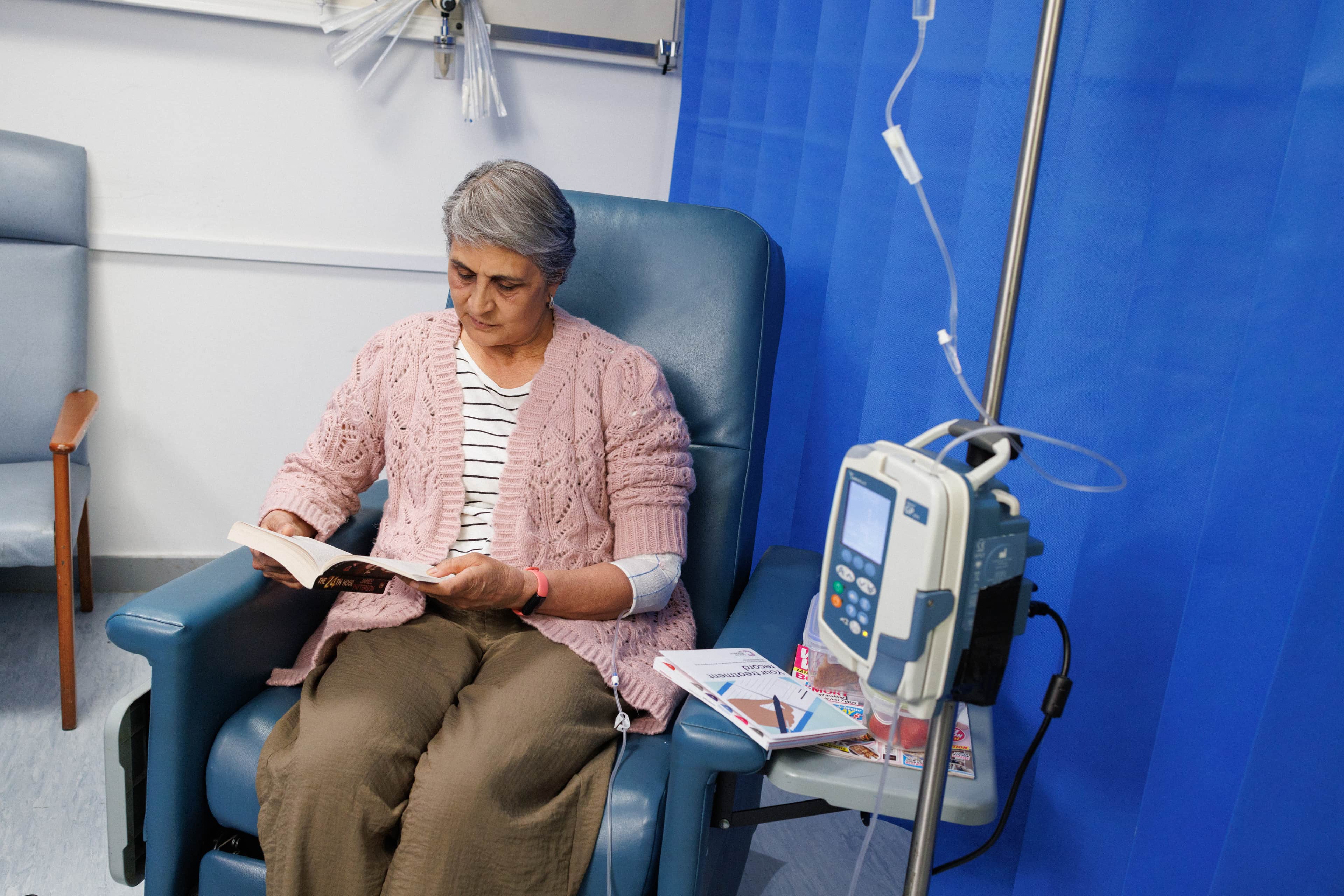
ACE Wave 3 focused on reducing unwarranted variation in access to lung cancer diagnostics and treatments.
ACE developed good practice approaches that can help resolve some of the root causes of variation focused on ensuring consistent diagnostic and treatment options are being offered to all patients - regardless of where they live or which service they access.
This case study highlights the introduction of a ‘first touch’ communication approach for patients diagnosed with lung cancer. This approach is defined by maintaining positive and empathetic dialogue with patients from the point of referral. It recognises that how information is delivered—and the tone of early conversations—can significantly influence a patient’s engagement with their care pathway. Read the case study(PDF, 478 KB)
Cancer Research UK funded a collaborative research project involving the University of Lincoln, Queen Mary University of London, United Lincolnshire Hospitals NHS Trust, and Barts Health NHS Trust. The project aimed to explore the factors influencing patient engagement with lung cancer services across areas with varying levels of deprivation and geographic accessibility, and to develop an intervention to address these challenges.
This case study outlines the key factors affecting patient engagement with the national optimal lung cancer pathway in Lincolnshire and Northeast London. It introduces a prototype patient engagement tool designed to empower patients and carers, helping to reduce the impact of the barriers they face. Read the case-study report(PDF, 1.48 MB)
During Wave 1 of the Programme several projects were piloted along the lung cancer pathway. One project explored various ways of streamlining lung cancer pathways. A full evaluation report written in 2017 summarises the work and includes a set of clear recommendations. Full report(PDF, 1.54 MB)
Test, Evidence, Transition (TET) is a multi-phase programme of commissioned research activity, building on the success of the former Accelerate, Coordinate, Evaluate (ACE) programme.
Find out more about the TET programme